Senate Majority Leader Chuck Schumer (D-NY) must thread two very fine political needles in the next few weeks. First, he has to keep the heat on a group of bipartisan senators whose compromise on a $1.2 trillion "hard" infrastructure bill is now stalled over how to pay for it and somehow guide them to a 60-vote, filibuster-proof consensus.
Second, he has to line up all 50 Senate Democrats behind a "soft" infrastructure bill three times the size of the hard bill and keep moderate and progressive Democrats from bolting over provisions or terms they dislike.
Add to this the problem that President Biden (along with Speaker Pelosi) has insisted that the two bills proceed in tandem without one being offered up in the absence of the other. What this means, effectively, is that whenever Schumer pushes for action on one, he is in effect pushing for action on both. This unprecedented juggling act—all balanced on what feels like a legislative tightrope—will demand his full attention well into August.
Schumer seems determined to press forward and crank the heat.
Just yesterday, the temperature shot higher as Schumer announced that he planned to press ahead for preliminary procedural votes on both bills sometime next week. Some centrist senators crafting the hard infrastructure bill are now worried that the mechanisms to fund the cost of the bill—including, most notably, increased enforcement by the IRS against tax cheats—could lead to harassment of deadbeat taxpayers by the IRS, particularly wealthier ones.
Appealing as that sounds, it doesn't sit well with many in the GOP, who mistrust anything that feels like government overreach. But so long as they are unwilling to raise any new taxes, they also know that "uncollected taxes" is about the only well that has any water left.
Senator Rob Portman (R-OH), who is part of the committee working on the infrastructure deal, apparently doesn't like the fuel Schumer has now added, brushing off the Majority Leader's threats by saying he won't vote to advance a bill that isn't ready.
"I'm not going to vote yes if we don't have a product ... We're going to get it right," Portman stated. But Schumer apparently wasn't having it either. "There is no reason why we can't start voting next Wednesday. That's what we're going to do," he told reporters. It's a game of political chicken, and we'll see which side swerves away first.
The threat of holding an early procedural vote also puts additional pressure on wayward Democratic senators to come forth with whatever real objections they might have to the $3.5 trillion soft infrastructure bill proceeding alongside the hard bill. Despite President Joe Biden receiving multiple standing ovations from Senate Democrats when he met with them about the bill, some later expressed concerns about its provisions.
One key skeptic is Sen. Joe Manchin (D-WV) who already has expressed his displeasure over the bill's treatment of fossil fuels, including coal which holds a special place in his home state's culture and history (even if it is no longer a big employer there). Manchin told CNN that he is "very, very disturbed" by provisions in the bill that he believes would eliminate fossil fuels.
He added:
"[I]f you're sticking your head in the sand, and saying that fossil [fuel] has to be eliminated in America, and they want to get rid of it, and thinking that's going to clean up the global climate, it won't clean it up all. If anything, it would be worse."
But removal of those climate provisions could doom the bill in the eyes of more progressive senators who have pressed for the need for dramatic action on the climate and don't want to let Manchin dictate the terms of their surrender.
Other progressives have indicated that any bill that doesn't address the needs of ordinary Americans won't pass muster. "The devil is still in the details," said Sen. Chris Murphy (D-CT). He added, however, that Biden "made a really compelling case for both packages." Majority Leader Schumer, presumably with the help of the White House, will need to placate all sides and keep support for the bill unwavering, knowing that a single departure could sink it.
Another test will come when it becomes clear that not a single GOP Senator will vote in favor of the larger bill, as Minority Leader Mitch McConnell has already indicated, but some may be so incensed—by, for example, the increase of taxes on corporations to 25 percent or the attempted addition of paths to citizenship for millions of undocumented immigrants—that they try to hold the hard infrastructure bill hostage. Without at least 10 moderate GOP senators backing it, the bill cannot survive a filibuster from the right.
But McConnell likely knows that the smaller bill could proceed anyway under the same budget reconciliation rules the Democrats are using for the larger one, and any attempted torpedoing of the bill by the GOP would give the Democrats the added political weapon of claiming the GOP once again did nothing to help America, not even fix its crumbling roads and clogged waterways.
Sen. Chuck Schumer will have all of this in mind as he puts his foot on the accelerator next week on both bills. It is clear, however, that he is now in the driver's seat and will need to show his true maneuvering skills.

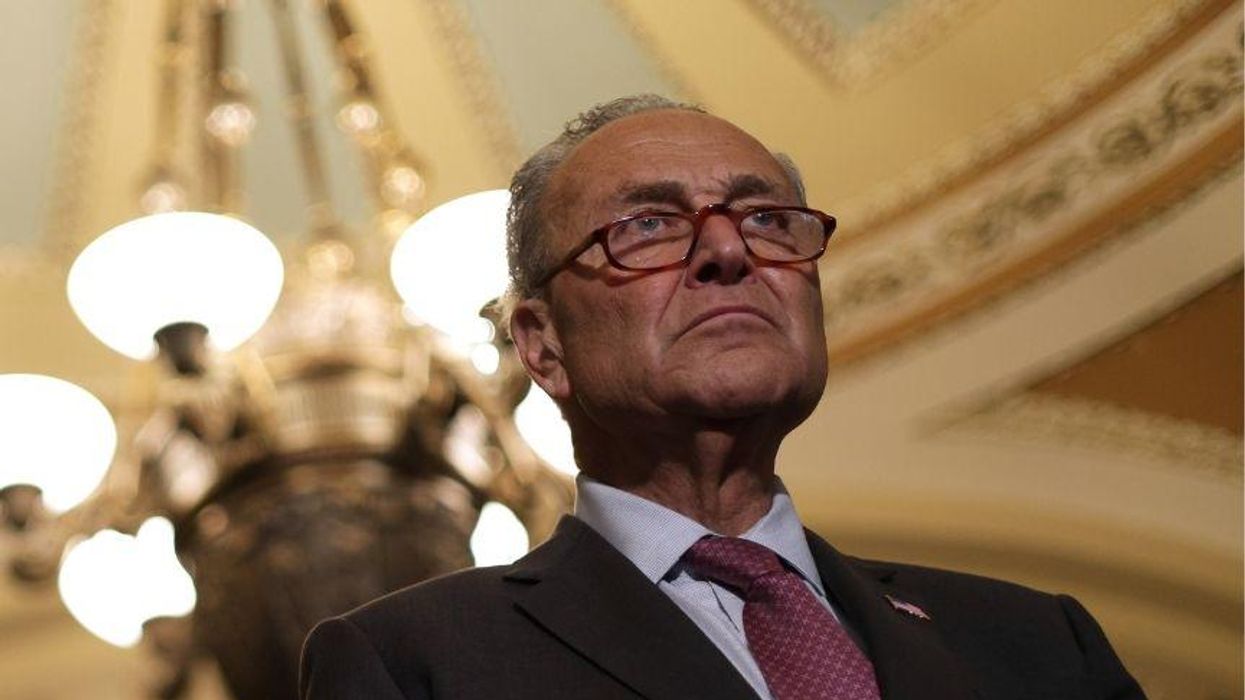
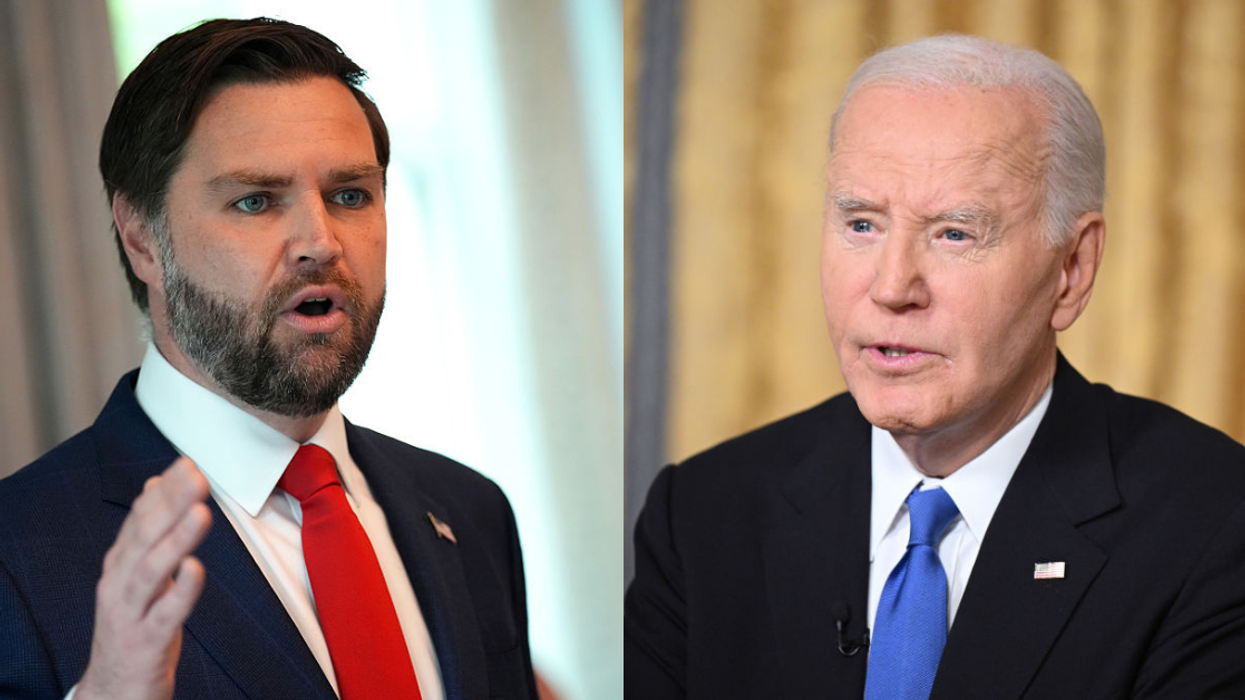

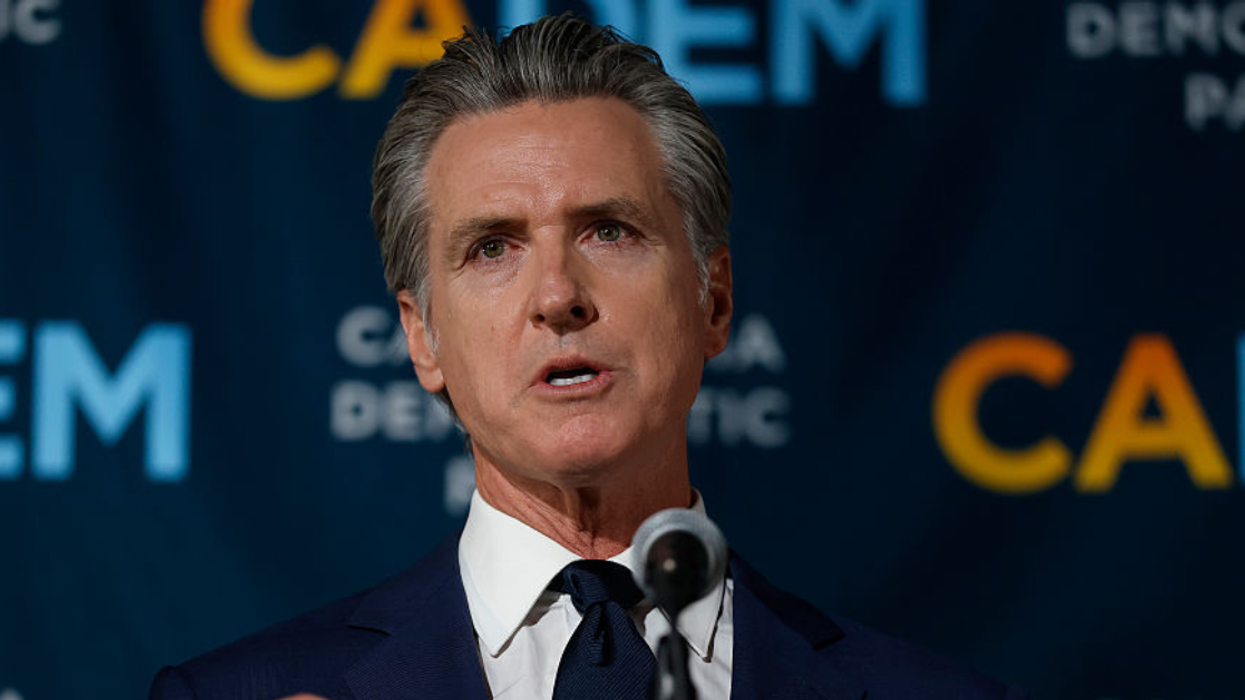


 vasosecret/TikTok
vasosecret/TikTok
 dontlookatmedoll156/TikTok
dontlookatmedoll156/TikTok alyssa.b345/TikTok
alyssa.b345/TikTok EllieBelly/TikTok
EllieBelly/TikTok Shelby Daniel/TikTok
Shelby Daniel/TikTok J/TikTok
J/TikTok indigo1009/TikTok
indigo1009/TikTok Kam/TikTok
Kam/TikTok




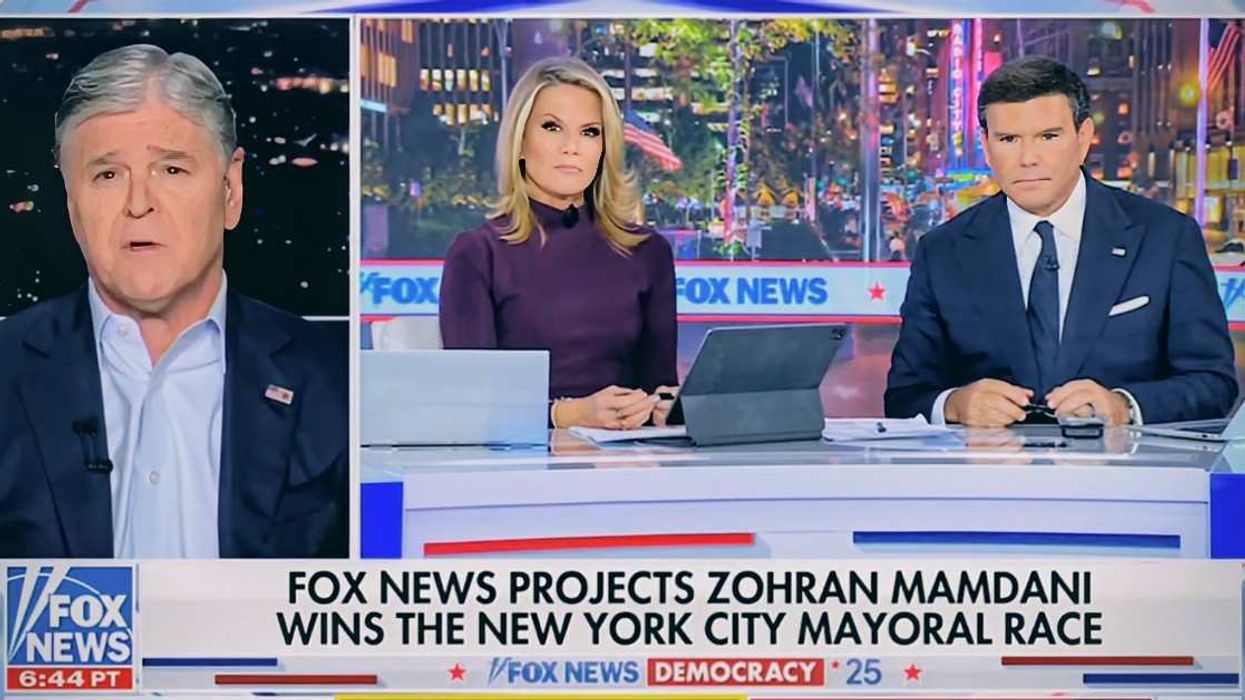
 @starduster14021/X
@starduster14021/X r/TheMajorityReport/Reddit
r/TheMajorityReport/Reddit r/TheMajorityReport/Reddit
r/TheMajorityReport/Reddit r/TheMajorityReport/Reddit
r/TheMajorityReport/Reddit r/TheMajorityReport/Reddit
r/TheMajorityReport/Reddit r/TheMajorityReport/Reddit
r/TheMajorityReport/Reddit r/TheMajorityReport/Reddit
r/TheMajorityReport/Reddit @sciencexspirit/Bluesky
@sciencexspirit/Bluesky
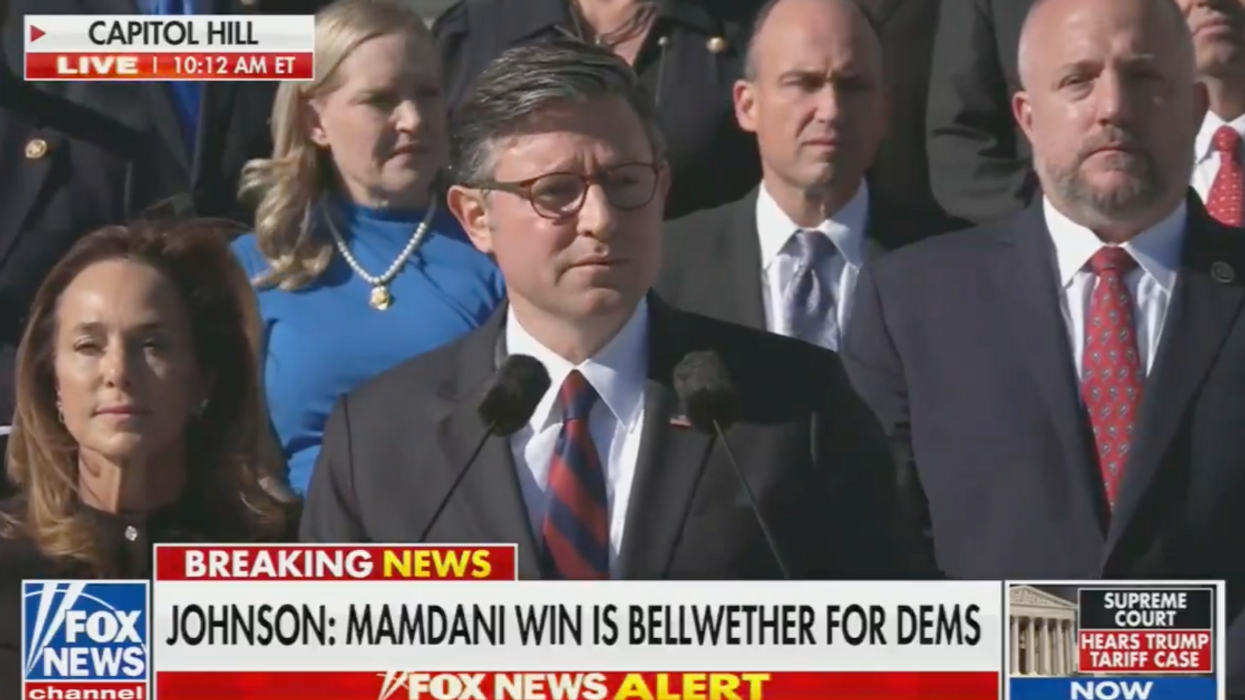

 90s popcorn GIF
90s popcorn GIF  signing season 3 GIF
signing season 3 GIF  home alone pepsi GIF
home alone pepsi GIF 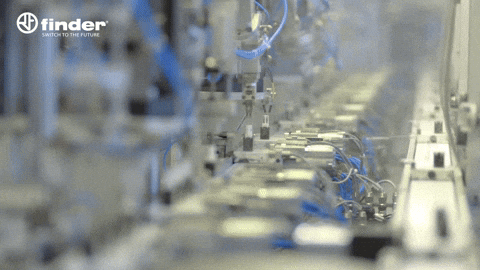 Machine Production GIF by Finder Relais Nederland
Machine Production GIF by Finder Relais Nederland  No No No GIF
No No No GIF